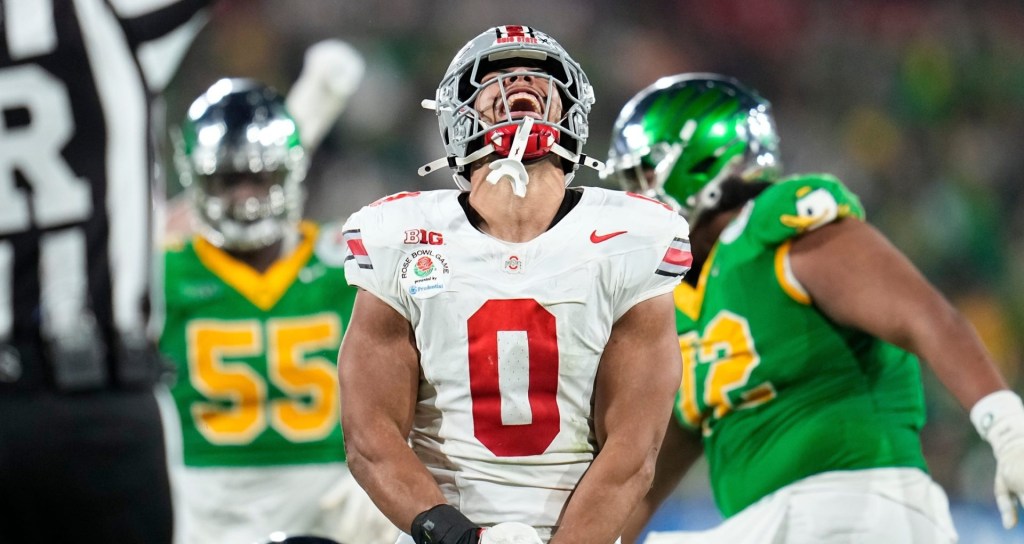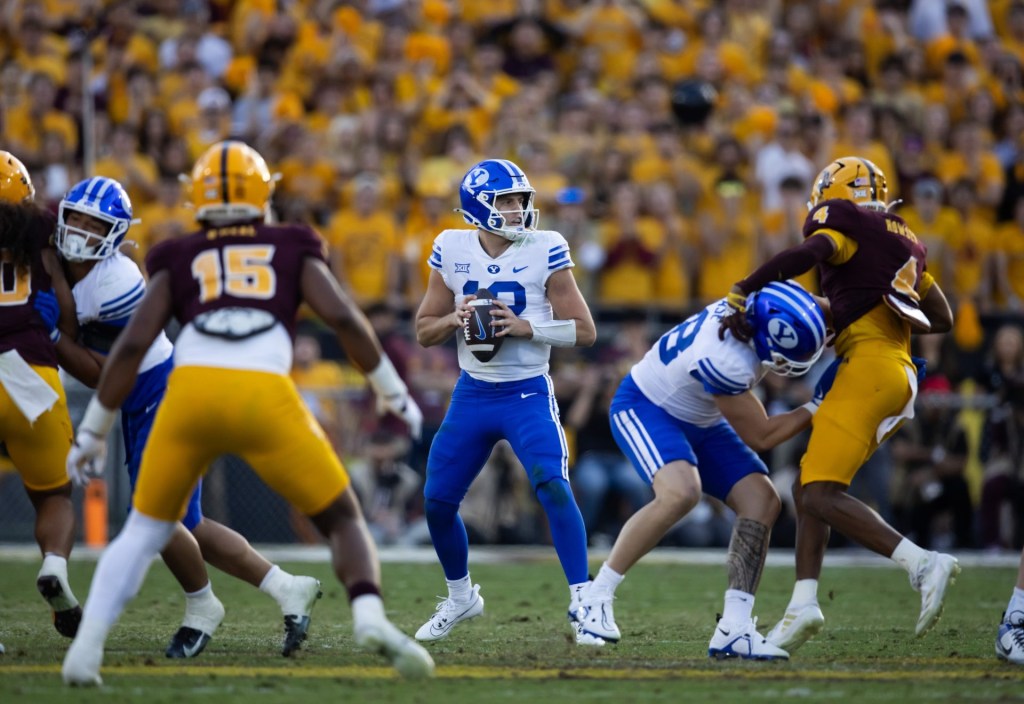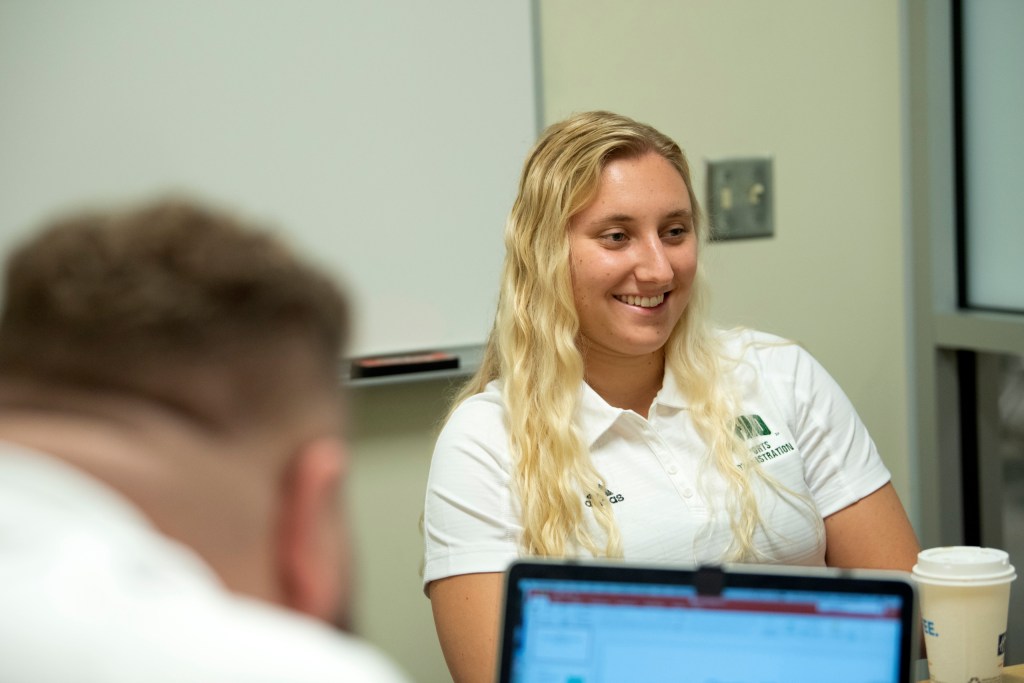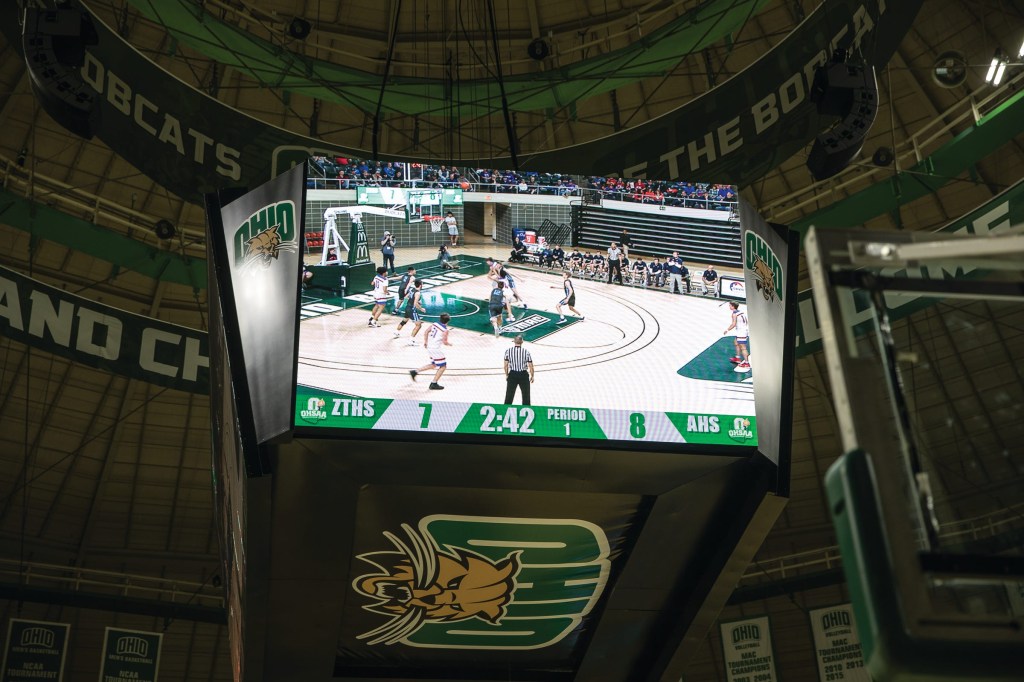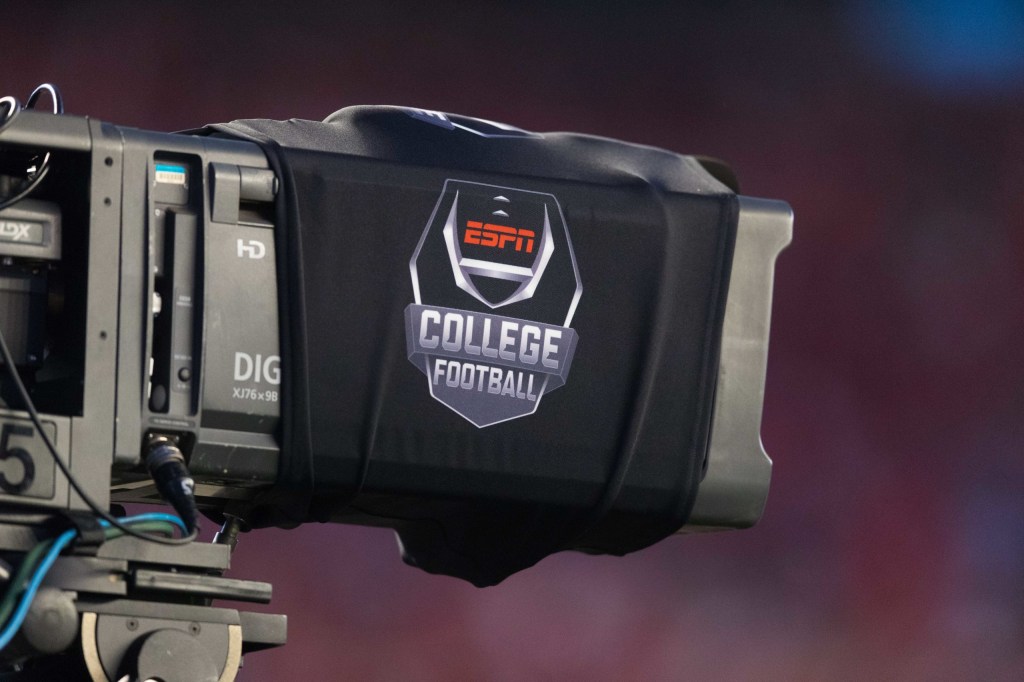A tumultuous couple of weeks has left behind lessons for a lifetime.

The events surrounding the head coaching search at the University of Tennessee serve as a great learning experience for fans, aspiring sport business professionals, and especially for intercollegiate athletic administration personnel. In no way shape or form should this serve as a Vols bash session, but it can definitely serve as a teachable moment and a moment for growth for all involved.
For a quick timeline of events, you can see how the event unfolded here.
Now, ask yourself as a fan, as an alum, as a supporter of any intercollegiate athletic program, how can this be fixed? Can it be fixed at all? What are the necessary steps to do so? I am no PR or communications expert, nor do I aspire to be one, however, one thing is clear, this did not go as planned for the Vols, and became a much bigger story than one would have liked.
What are the implications of this situation? As an athletic administration professional, what are things that you and your department can learn from this, and if you’re Tennessee, what can you do in the future to be sure this situation is handled, or does not arise again? From the fans, to the organizational culture, to the communication between staff and administration, to the relationship between athletics and the state of Tennessee, the layers to this hire and the response is complex, and quite frankly, cannot be solved overnight or in this post.
The impact and the relationships run deep, and this will be in the forefront of the minds of athletic professionals for quite sometime, especially as we enter the season of frequent coaching movements.
The implications for Tennessee are important, but the implications for college sport are just as important. What areas, departments, and key stakeholders are affected by this decision, and what do their actions say about the situation and the University?
Fans:
Fans hold an extreme amount of power and influence in intercollegiate athletics, and rightfully so.
You can make an argument that without the fans outrage, this entire situation never happens. Fans can be quite tricky to please and to navigate when it comes to their expectations and their say-so in team decisions.
It’s imperative you please the fans because they are the ones who pay for merchandise, who buy the season tickets, and who act as your ambassadors of your brand.
A majority of your fans are critical in their feedback because they care. But, do they know the truth? Do they know the X’s and O’s to evaluate coaches? Majority of the time, no.
Do most of your fans know the process that administrators go through to vet coaches? Usually, the answer is no. Of course there are exceptions, but majority of the time, your typical fan is not versed enough to make those types of decisions. So, it’s a fine line when it comes to pleasing fans and letting the administration vet and hire coaches. It’s important to understand this balance, and handle it accordingly.
How do we fix this? You address the fans concerns early, and you give them information on decisions without impacting the hiring process. How do you do that? When you find out, you could have a shot at being the next Athletic Director at your favorite University.
Administration:
With the news that Chancellor Davenport did not sign the Memorandum of Understanding for Greg Schiano’s hire, it shows us that when making a big time hire, especially when hiring a football coach at an SEC institution, you must gain the trust and support of all key stakeholders involved.
Yes, the choice ultimately falls on the athletic director, but it is imperative that the individual and the plan is in good standing with key stakeholders such as your administration/staff, the university board of trustees, chancellors, president, and your biggest supporters. If you’re Phillip Fulmer and Jeremy Pruitt, your relationship with administration and key constituents should be very high on your priority list.
It is not usually the case that your choice will generate a consensus 100% approval rating, but as an athletic director and administrator, it is your responsibility to hire (and retain) great coaches and staff members for your program. As an athletic administration staff member or university staff member, its important to be sure of your decision, and have the necessary explanation and information to back your reasoning. A small percentage of individuals know what may go into a hiring decision, so you must be sure of your decision. How can administration move forward? Own the decision, and clearly communicate it.
Recruits/Student-Athletes:
One group that is impacted possibly more than any other group is the student-athlete.
If you are a football player at Tennessee right now, or a recruit, what is the perception of the University you have committed to play for? Not only has the coach you played for (or committed to play for) now gone, but also you now face the reality that fans played a larger role in your experience than you originally anticipated.
Being a student-athlete today is difficult and requires a mental tenacity to withstand changes, handle constant pressure and handle large expectations. As a student-athlete, you want to have a sense of trust and belonging in your University. It will be up to the University and the athletic department to reassure that the student-athletes will continue to have a great experience representing the University of Tennessee. But where can they start?
A good starting place would be including the student-athletes in the decision making process and the new hire. Having the student-athletes speak with the final candidates prior to a decision being made and updating them accordingly prior to the hire sends a message of inclusion. Ensure that there is no surprise looming around the corner when it’s time to hire someone.
Don’t ever forget that athletic administrators have jobs because of the student-athletes, and their experience should come first.
Coaching:
Of course we can imagine that coach Schiano was not pleased. How do these events change how you approach the job if you’re Jeremy Pruitt?
For Coach Jeremy Pruitt, buy-in will be a key component to his tenure at Tennessee. He has the resources he needs to make an impact. However, let’s not forget that this is Coach Pruitt’s first time as an SEC head coach, and the pressure just increased by 1000 degrees due to this situation.
The job as the head coach was appealing to Coach Pruitt, but it’s important to highlight his background.
He comes from Alabama, specifically under Nick Saban, who is one of the best coaches in the country and has a reputation of running his program like a well-oiled machine. For Tennessee, that organization and structure can prove to be very beneficial moving forward, but why did it take weeks to hire a head football coach?
A number of reasons, ones in which we’ve listed, played a role.
For coaches, what can you learn about this? Especially as a coach at Tennessee, what do you learn about this situation, how do you address it? It comes down to your culture as a coach, as a team. Build your teams with the culture of openness and collaboration. When you decide on a coaching position, we hear a lot about “fit” when it comes to the job. But what best fits you? Examine the best (and worst) opportunities you’ve received. How did it shape you moving forward?
With the opportunity to do amazing things, Pruitt’s team culture will play a large role in the outcome.

There are many more constituents, departments and key personnel to consider in this situation, but there are 3 key things that we all can learn from this situation, and apply to our departments, and our personal development today.
1. Control the narrative of the story:
Utilize your communication staff and the PR experts of the world. There is a legitimate danger in losing your own story and the narrative. Social media moves FAST, so you must be equipped to handle the messaging and communicate to the masses. When so many reports come out, you lose the opportunity to communicate YOUR story. You miss out on an opportunity to establish the truth from your perspective, and this is the most important perspective as a brand, department, and a University. Information overload is a real thing, so make sure to have your communication and strategic plan ready to go in case this (or another) situation arises.
2. Vet, vet again, and vet some more. When you’re done, vet again.
One could argue that Tennessee demonstrated the proper vetting process for coach Schiano. A number of influential individuals came to the defense of Coach Schiano, even re-affirming the original statement that Schiano was a good man and had nothing to do with the Penn State scandal during his time there. However, the reaction showed another side of the vetting game. Have you vetted your key constituents? Did you create buy-in?
“I learned very early in my career that buy-in is necessary when implementing change. Staying connected and engaged with both internal and external constituents of your athletic department can be the difference between a home run hire and one that leads people to question your ability to lead.”
-Division 1 athletic administrator
This is vital as a department and as an administrator. Buy-in is the difference between your supporters clapping at your press conference, or your press conference being canceled. Vetting does not start and end with the candidate. It includes your department, your university Board members, and especially your student-athletes.
3. Culture and Climate matter.
Your organizational culture matters. The current state of affairs matters. Your campus, state, and even the national climate matters. All of these things play a role. The importance of establishing values, cultural norms, processes, plans and communication channels all go into your culture as an organization.
No organization has a perfect culture. This is not the first, and will definitely not be the last situation that arises for a department.
How does the current state of affairs play a role? Think of the climate we live in today. There is without a doubt a heightened attention on cases of assault and violence. This does not mean that there has never been an illegitimate time to worry about these things, but could the current climate change how people view sport, how people view coaches, or hires? When Coach Schiano became the defensive coordinator at The Ohio State University, their administration vetted him, almost to the same degree that Tennessee did, but many fans and outside constituents used Schiano’s presence at Penn State as a legitimate reason to deny his hiring. Right or wrong, valid or invalid, the case could be made that our current climate and heightened sense of awareness played a role in fan reaction. We as people must always be sure to consider how our actions and decisions affect others, no matter the circumstance.
This situation serves as a living, breathing case study to learn from for all involved. On Friday, December 1, 2017, John Currie and Tennessee parted ways. How does John Currie respond? This is the same individual who was listed as one of the media’s top athletic director’s in the country. He had a successful tenure at Kansas State and is regarded as a great athletic director by former staff members. It’s an unfortunate situation for all involved, and I believe he’ll bounce back.
On that same day, former Tennessee head football coach Phillip Fulmer was named the athletic director. How does he handle the department moving forward? How does he manage the relationship with his new hire Jeremy Pruitt? All questions that are legitimate and will be answered with time, but a clear fact is known today. People will be watching, and we all can watch and learn. You don’t need to be John Currie, or Phillip Fulmer, or Greg Schiano to know the difficulties of the job. It’s difficult, but it’s a learning process. The opportunity to learn is one of the greatest positives in this entire situation, and you do not need to be a Tennessee fan to embrace the opportunity.
Front Office Sports is a leading multi-platform publication and industry resource that covers the intersection of business and sports.
Want to learn more, or have a story featured about you or your organization? Contact us today.


